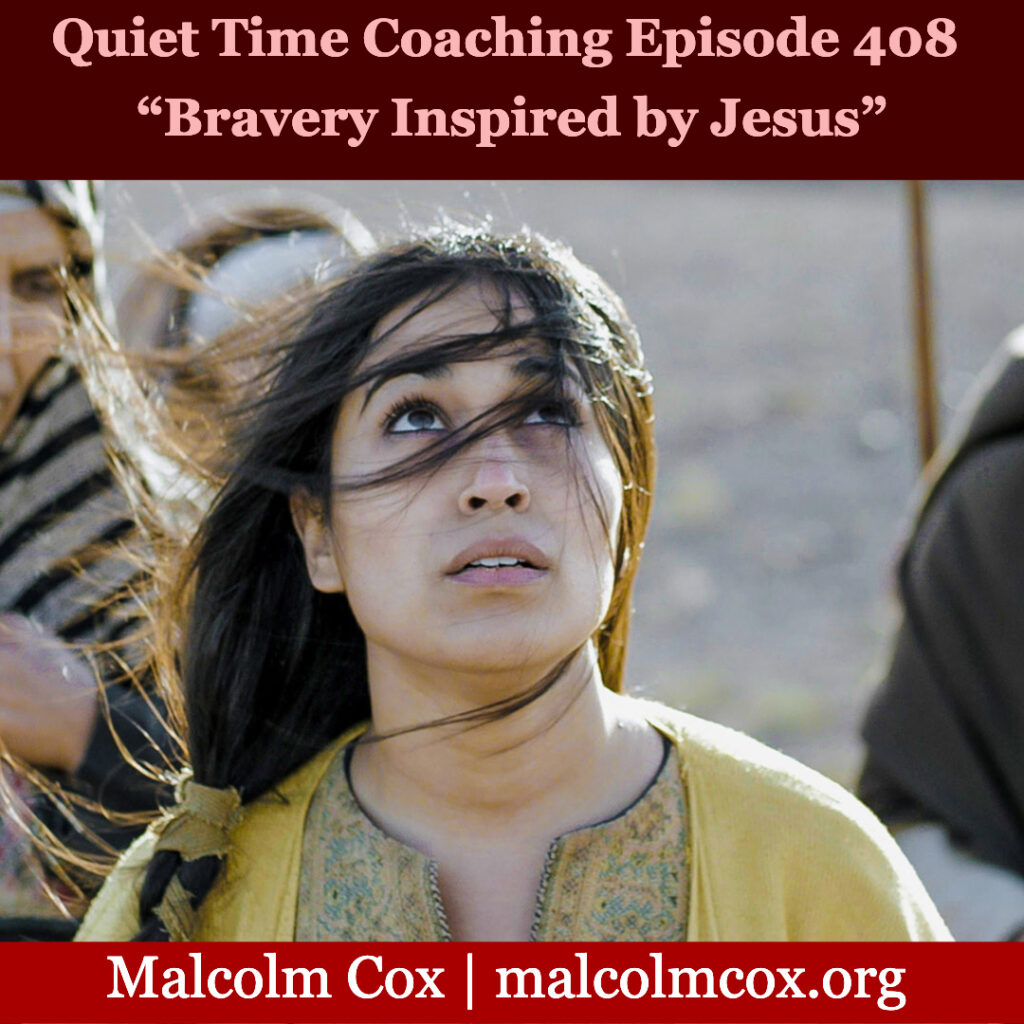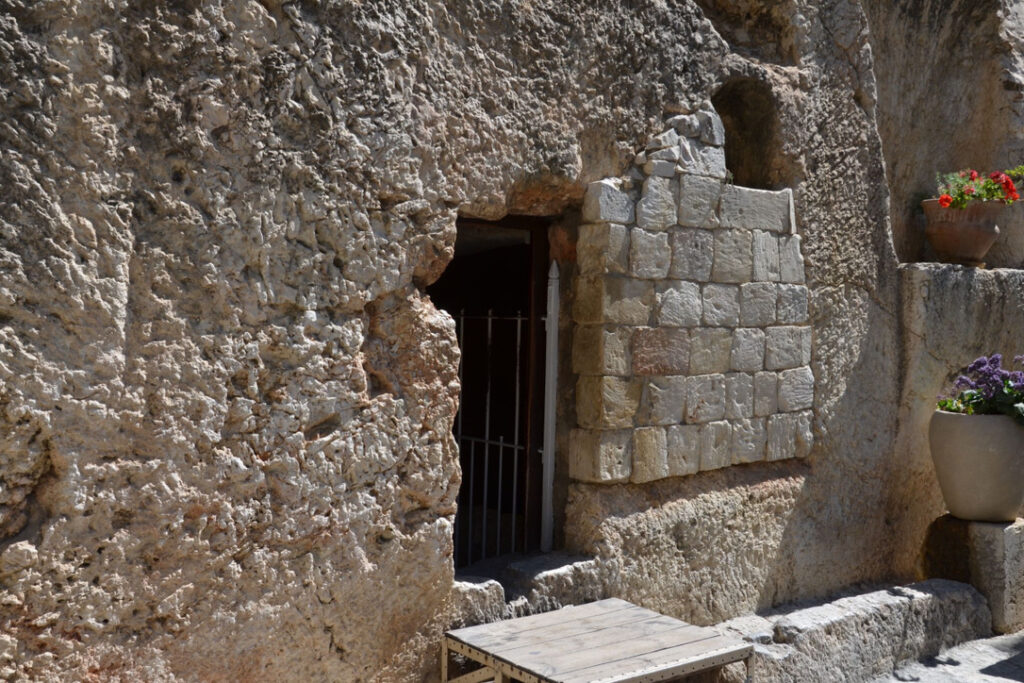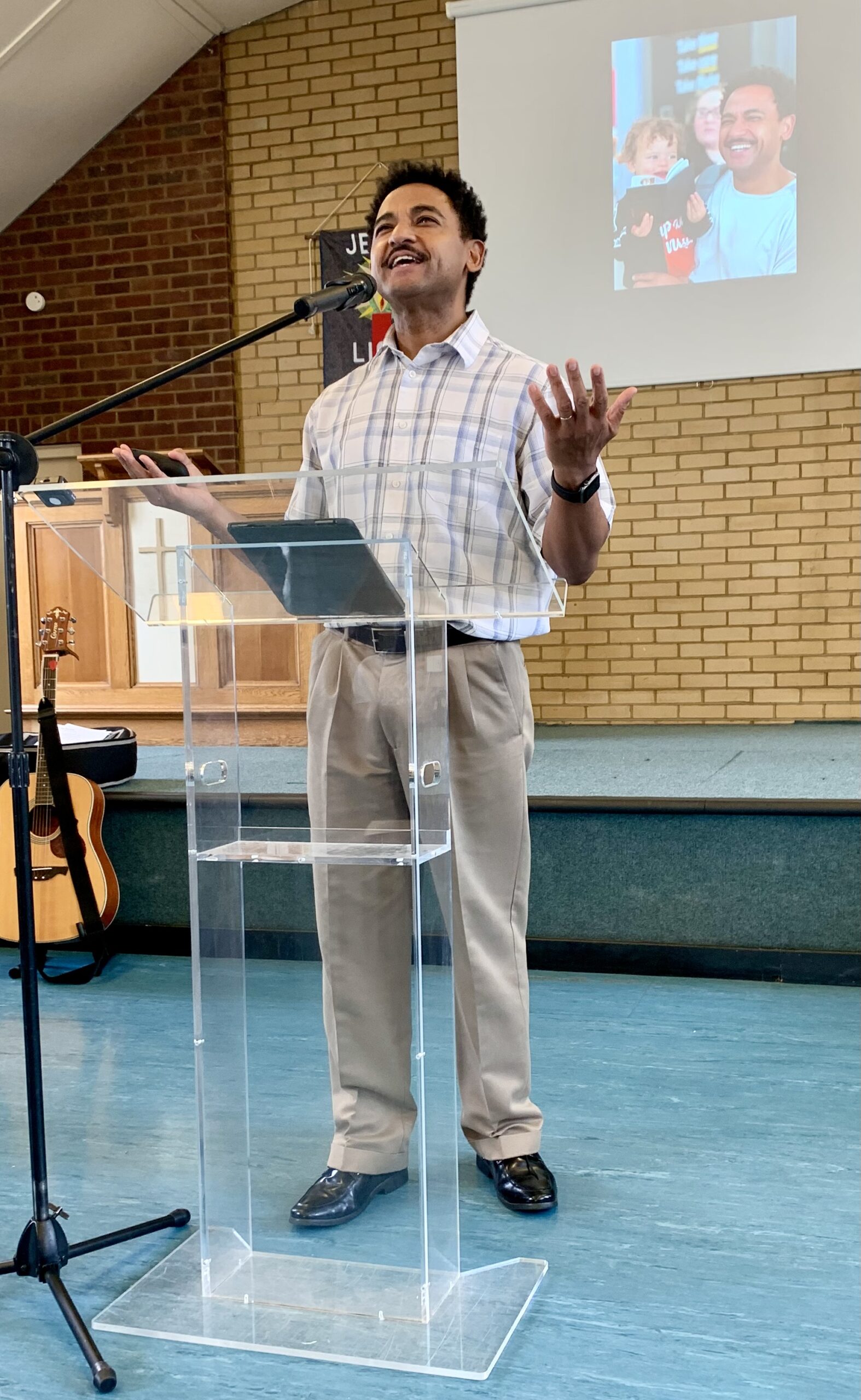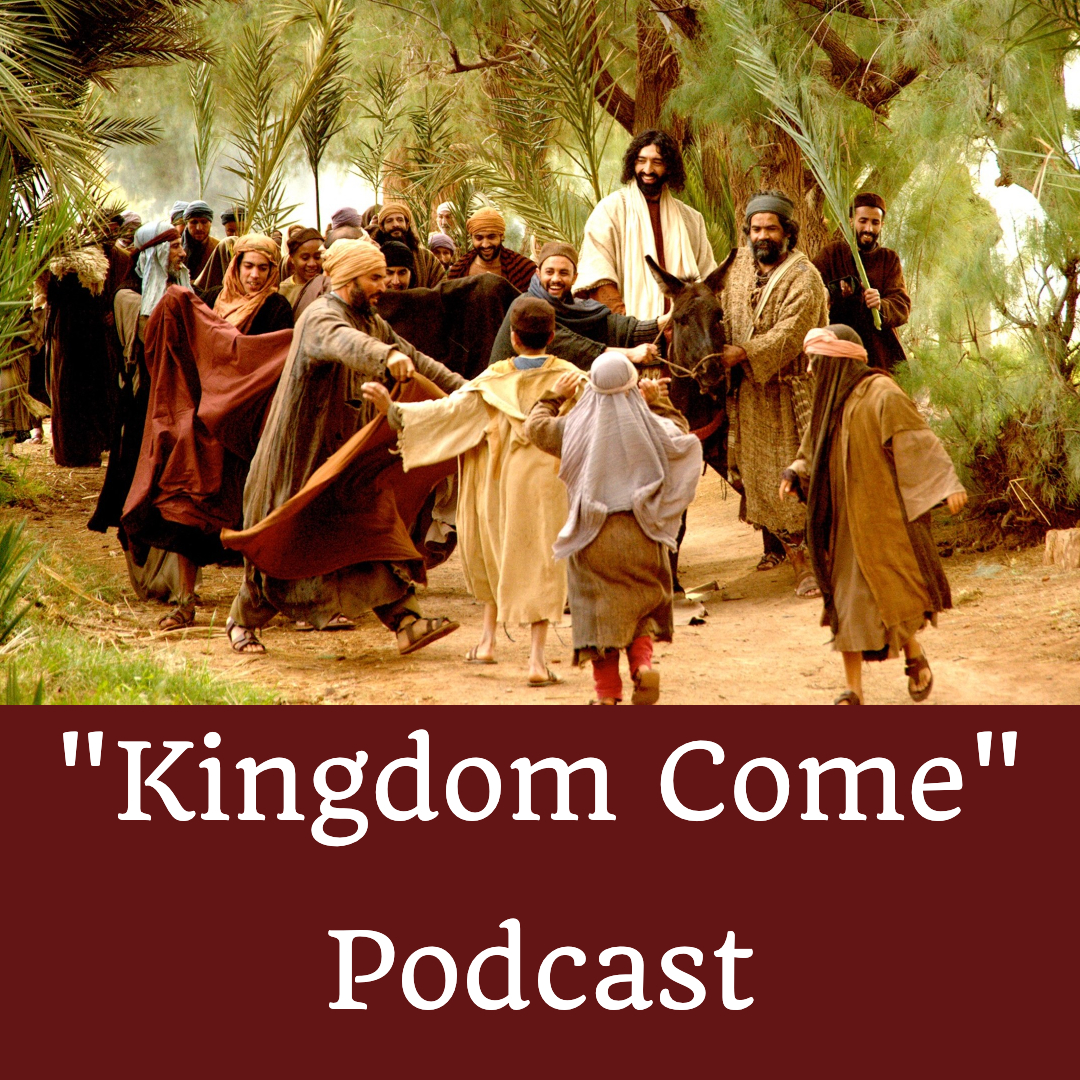
Introduction
In preparing material for Easter Sunday, I’ve been inspired by the conspicuous courage of the women at the cross and the empty tomb. Why did they remain in place at the cross when others fled? Why did they go to the grave when others stayed away? What does this tell us about Jesus and discipleship?

The Texts
“Near the cross of Jesus stood his mother, his mother’s sister, Mary the wife of Clopas, and Mary Magdalene.” (John 19:25 NIV11)
“After the Sabbath, at dawn on the first day of the week, Mary Magdalene and the other Mary went to look at the tomb. There was a violent earthquake, for an angel of the Lord came down from heaven and, going to the tomb, rolled back the stone and sat on it. His appearance was like lightning, and his clothes were white as snow. The guards were so afraid of him that they shook and became like dead men. The angel said to the women, “Do not be afraid, for I know that you are looking for Jesus, who was crucified. He is not here; he has risen, just as he said. Come and see the place where he lay. Then go quickly and tell his disciples: ‘He has risen from the dead and is going ahead of you into Galilee. There you will see him.’ Now I have told you.” So the women hurried away from the tomb, afraid yet filled with joy, and ran to tell his disciples. Suddenly Jesus met them. “Greetings,” he said. They came to him, clasped his feet and worshipped him. Then Jesus said to them, “Do not be afraid. Go and tell my brothers to go to Galilee; there they will see me.”” (Matthew 28:1–10 NIV11)

Comment
What inspired the bravery of the women to remain near the cross and the courage to proclaim the resurrection? The location of the cross was dangerous, and the message of the resurrection was madness. Yet, they ignored the dangers and the potential insults. Why? Perhaps for two reasons.
- The loving, transformational power of Jesus.
- The loving, reassuring presence of Jesus.
How much bravery did it take to stand close to the cross? Indeed, an extraordinary level of courage was needed. It seems to me it can only have been love which motivated such bravery. Jesus loved his followers and his family, and they, in turn, loved him. He transformed their lives, and they could not stay away. Take Mary Magdalene, for example. Her story is short on detail but long on meaning.
“After this, Jesus travelled about from one town and village to another, proclaiming the good news of the kingdom of God. The Twelve were with him, and also some women who had been cured of evil spirits and diseases: Mary (called Magdalene) from whom seven demons had come out;” (Luke 8:1–2 NIV11)
The loving, transformational power of Jesus inspired devoted loyalty in those who followed him. The loving, reassuring presence of Jesus inspired bold proclamation of his resurrection. His company in the garden sealed the deal, giving the women the courage to talk to the apostles about what they had heard and seen.
Applications
1. Stick with Jesus when things look bleak. Remind yourself of how much he has loved you and changed you. Hold on through the toughest times, be loyal to Jesus, and you will see Easter morning.
2. When fearful of other people, rest in the presence of Jesus until his reassurance fills you with the courage you need to speak of him.
Conclusion
The courage of the women at the cross and the empty tomb is an object lesson to us. It tells us what discipleship looks like. It is sticking close to Jesus when things are bleak, make no sense, and place us in danger. And it means putting ourselves in the right position to be in the presence of Jesus so that he can fill us with the courage we need to live loyal to him and speak well of him.
Please add your comments on this week’s topic. We learn best when we learn in community.
Do you have a question about teaching the Bible? Is it theological, technical, or practical? Send me your questions or suggestions. Here’s the email: malcolm@malcolmcox.org.
If you’d like a copy of my free eBook on spiritual disciplines, “How God grows His people”, sign up at my website: http://www.malcolmcox.org.
Please pass the link on, subscribe, and leave a review.
“Worship the LORD with gladness; come before him with joyful songs.” (Psalms 100:2 NIV11)
God bless, Malcolm


